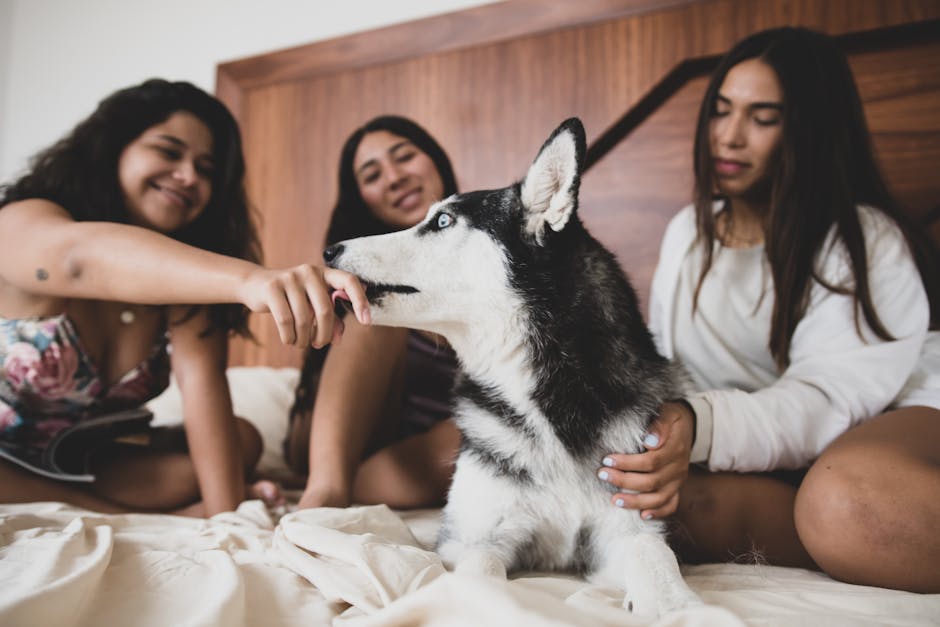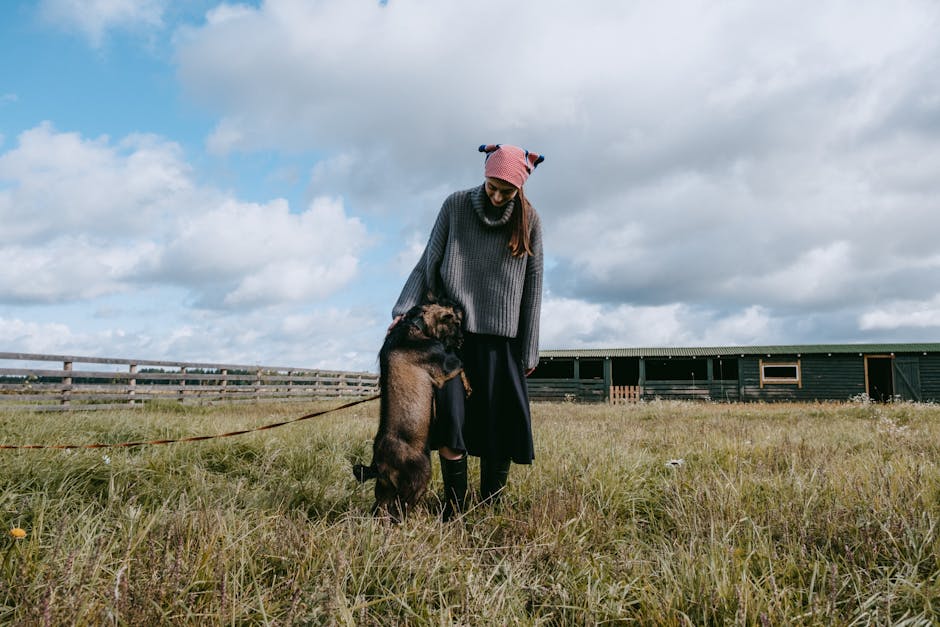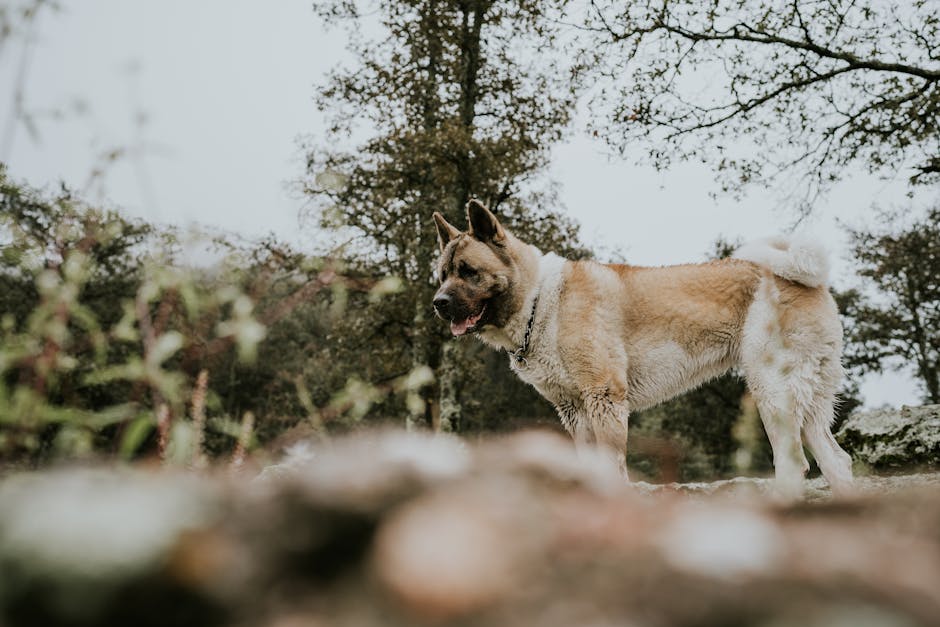How To Detect Cancer in Dogs
Recent studies show that there are some simple things you can do to help identify if your dog has cancer or not. If you find out your dog does, you can start treatments immediately!
Sadly, most dogs who are diagnosed with lymphoma have already found one or more of these symptoms. It is important to be aware of this so that you can seek treatment as soon as possible.
It may seem impossible at times, but there are many ways we can help our pets live longer than when they were given their health.
There are even websites where you can share tips and information about different types of cancers and what you can do to prevent them in other people’s dogs. You should look into those!
Fortunately for all of us, there are now tests available to determine if our dogs might have some kind of cancer. These tests are called molecular diagnostics because they detect changes at the cellular level in body fluids such as blood, urine, saliva, and milk.
Molecular diagnostic testing uses small samples of fluid or tissue to examine cells to see whether there are any signs of disease present. Some examples of diseases include leukemia, mast cell tumors, thyroid conditions, and others.

There are many different types of cancers that can affect animals, including dogs. Some are seen as more serious than others depending on what kind is found.
A few months ago, we watched a very heart-wrenching YouTube video of a dog who was diagnosed with bone cancer. The puppy in this video had to be put down because there were no signs of remission.
After viewing this video, it got us thinking about other ways that you may be able to identify if your dog has cancer. It is not only important to know for yourself, but also for your loved ones so they do not get overwhelmed by the disease.
It is possible to tell if your dog has cancer before any symptoms appear. This is why it is important to make an appointment at your local veterinary clinic today!
Your vet will perform a thorough physical examination of your canine companion. These exams include looking in their mouth and under their skin. They might take blood or urine samples from your pet.
Get your dog checked for cancer symptoms

It is important to note that there are many things you can do to prevent or recognize canine cancer. But unfortunately, there’s not much you can do once it has spread (metastasized).
Fortunately, most major cancers have some kind of warning sign that signals before any signs or symptoms of the disease become apparent.
These early warnings may include changes in behavior, weight loss, vomiting, diarrhea, general ill-looking appearance, and difficulty breathing or swallowing.
It is very common for dogs with oral malignant melanoma (OMM) to develop ulcerations or sores on their mouth caused by excessive saliva production or poor mastication. This may lead to bleeding and infection so it is essential to check for these symptoms.
Have your dog get tested for cancer
Many different tests can be done to check for signs of certain cancers in dogs. Your veterinarian will do these exams with careful watchfulness, looking for symptoms that could indicate a problem.
Some of the more common ones are:
Physical examination
Blood testing
X-rays or other imaging (like CT scans)
Biopsy
The last one is when they take a small piece of tissue or fluid from the affected area to see if there’s abnormal growth of cells. This is usually done via needle aspiration, where a syringe is used to extract fluid or tissue.
Once the disease is confirmed, the next step is finding the cause and treating it!
Drinking adequate amounts of water and nutrition is very important during this time so your dog does not become even more sick due to loss of blood or lack of proper cellular function.
Finding the cause of a health condition is what doctors do, and unfortunately, some things such as aging may contribute to possible causes of cancer.
Talk to your dog about having cancer tests done

It is very important that you talk with your dog about any signs or symptoms they are experiencing, including changes in their behavior or health.
If you notice changes in how your dog acts around other people, questions or lack of interest in interacting with them, then it may be necessary to have an MRI scan or blood work test for cancer.
This can sometimes be difficult as dogs don’t always say what is going on in their mind. However, if you are able to see some changes in your pet, it is best to address them.
Changes such as acting nervous, avoiding certain things, being quiet, or sleeping more than usual could indicate something is wrong.
Your vet will do all appropriate testing to determine whether there is illness or not. If there is, he or she will let you know what those diseases are and what treatments are available.
Get a pet insurance policy

As we discussed, most veterinary hospitals offer some kind of wellness check-ups for free. These are great opportunities to look for symptoms of cancer in your dog.
If you notice changes in your dog’s behavior or appearance that seem out of place, make an appointment with the vet right away!
Some things that could be signs of cancer include:
Changes in activity level
Appearing lethargic
Not eating properly
Eating less than normal amounts of food
Having trouble breathing or coughing
Visiting different vets more frequently
It is totally okay to ask your doctor about other options before deciding to have the tests done at higher cost.
By having these exams as part of regular care, your veterinarian can identify potential problems early so that they do not worsen.
Obtain a pet passport

As discussed, dogs are very good at giving off clues to determine if someone is sick or not. If your dog has what seems like an unusual behavior pattern, such as acting nervous or playful when they’re usually calm and relaxed, make an appointment with your veterinarian right away.
Your vet can perform some tests to see if there are signs of cancer for you or your canine companion. These include blood work, x-rays, and other diagnostic procedures. It's important to be consistent about these testing routines because sometimes symptoms don't show up until it's too late.
It's also important to note that most veterinary hospitals have special departments devoted to helping manage chronic diseases such as cancer. Resources and handouts will be provided to help you in this process. This way you'll have somewhere to go after your checkup if needed!
While having a healthy animal is always the goal, knowing how to recognize potential health problems helps ensure that your four-legged friend gets the best possible care.
Get your dog checked by a veterinarian

It is very important to get your dog examined by a veterinary doctor at least once per year, if not more frequently. This will depend mostly on what symptoms you are experiencing with your dog as well as when they occur.
Dog cancer can sometimes be difficult to diagnose because it often does not show any specific signs until later stages. A lot of times, even after diagnosis there is no clear indication of what treatment should be used.
Some of the most common types of canine cancers include: lymphoma (a type of malignant tumor that starts in immune cells), mast cell tumors (these grow from special cells that help keep blood clotting going), osteosarcomas (bone sarcomas that usually arise due to excessive growth in bone tissue), hemangiosarcomas (tumors made out of blood vessels) and soft tissue sarcomas (growths outside of bones).
Tell your friends about pet insurance

Even if you don’t have experience with cancer, talking to people who do can be helpful. You may feel uncomfortable asking questions, but by being prepared, you’ll know what to say!
By educating yourself and spreading the word, you’re helping prevent others from experiencing heartbreak like you did.
That’s why I’d recommend that before you bring in new dogs or cats, you look into pet health insurance. Many carriers offer coverage for things like routine checkups, vaccinations, diagnostic testing and even surgery if needed.
Some cover only certain diseases while others go beyond that to include treatments and rehabilitation as well.
Since pets are living beings just like us, they should at least deserve basic medical care if something happens.

